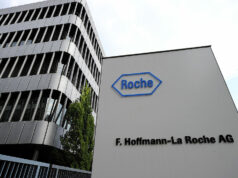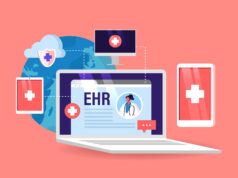
There have been 29 million confirmed cases of Covid-19 in the U.S. The actual number is likely five times higher. In Los Angeles County where I work as an ER doctor, USC researchers estimate that upwards of 55% of people have been infected, mostly during the recent Winter surge. It’s possible this significant undercounting is contributing to at least partial herd immunity and also responsible for the dramatic nationwide drop-off in cases.
Meanwhile, we are in a vaccine arms race against rising cases of potentially more dangerous variants–notably the U.K.-B.1.1.7 strain and recently identified homegrown strains in New York and California–to prevent a possible fourth wave this Spring. We vaccinate an average of 2.4 million people a day. But as States rapidly expand eligibility, demand will continue to outstrip supply until the bulk of the 600 million doses pledged by Pfizer/BioNTech and Moderna become available in late Spring/early Summer and 100 million doses of the recently approved single-shot Johnson & Johnson vaccine arrives by the end of June.
We need to leverage any efficiencies stat to maximize our supply. We learned to extract a precious extra sixth dose from Pfizer vials and pool leftover doses to form additional full doses. Widespread antibody testing prior to vaccination can also play a critical role. A highly sensitive and rapid point-of-care test could identify broad swaths of the population who have antibodies from a previous infection.
Recent research shows detectable IgG antibodies for up to 6-8 months. And two recent ground-breaking studies showed that a single Pfizer dose provides strong protection in those who had covid. Why not reclassify those with antibodies as a low-risk group who could delay (not defer) their shot so that we could vaccinate more covid-naïve patients as quickly as possible? We could free up potentially unnecessary second doses in those who had covid and spare them the unpleasant side effects of antigenic overload from a booster shot. In fact, the studies noted that one dose in those who had covid induced a stronger immune response than two doses in people who had never been infected.
The quality of antibody testing needed for such an endeavor has also improved thanks to a collaboration between the FDA the National Cancer Institute to evaluate serology tests and better inform its granting of emergency use authorizations. The FDA has purged hundreds of tests that flooded the market last Spring when its requirements and validation process were less stringent. However, the CDC does not currently recommend antibody testing prior to vaccination.
But there has been a slow but not insignificant shift at the policy level globally. The WHO’s advisory group on immunizations is investigating whether one vaccine dose would be sufficient in those who already had covid-19. France has become the first country to officially adopt this policy, recognizing that a single vaccine dose serves as a booster to the natural immunity obtained from infection.
Certainly, all Americans should be vaccinated as soon as possible. But given our current limited supply, the threat of variant spread, and availability of higher quality antibody test kits, policymakers ought to update its vaccine guidance for those who had covid and incorporate recent research findings on immunity and vaccine efficacy. We would amplify our existing stockpile overnight and accelerate our rollout.
Photo: Jmsilva,Getty Images








